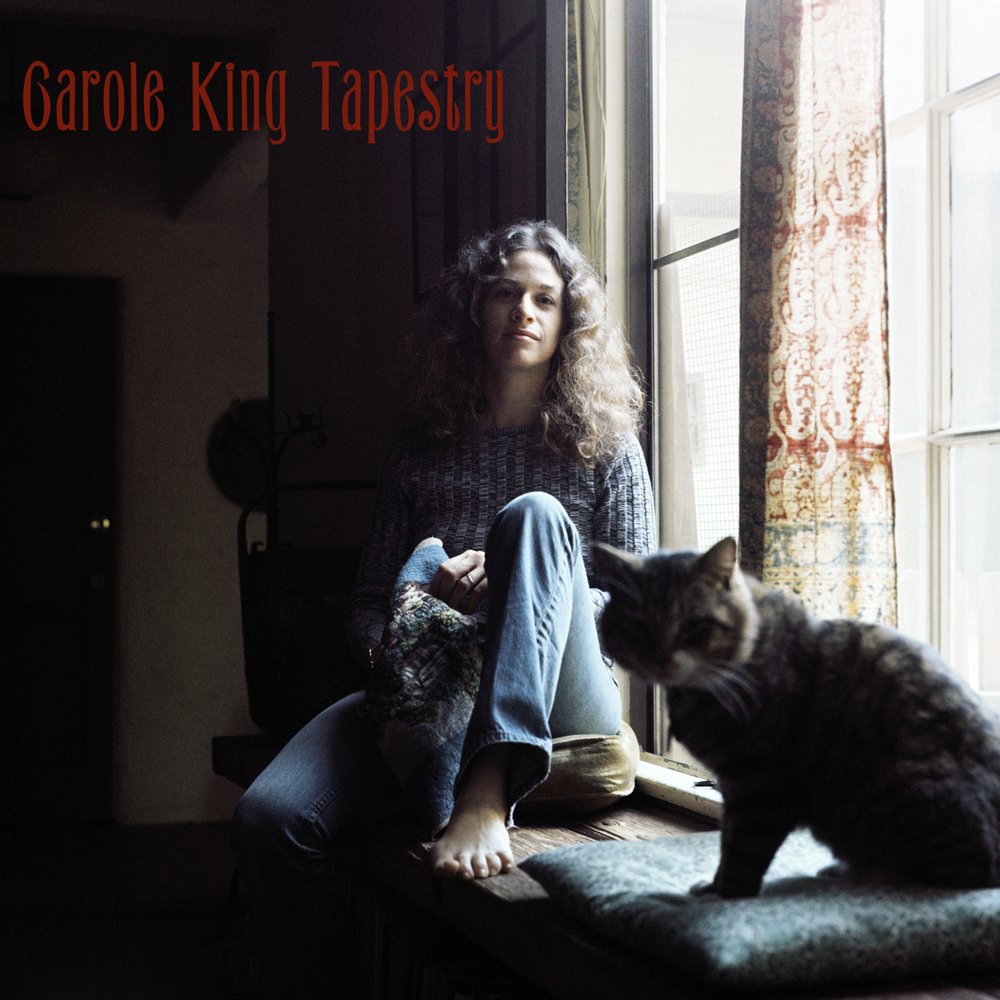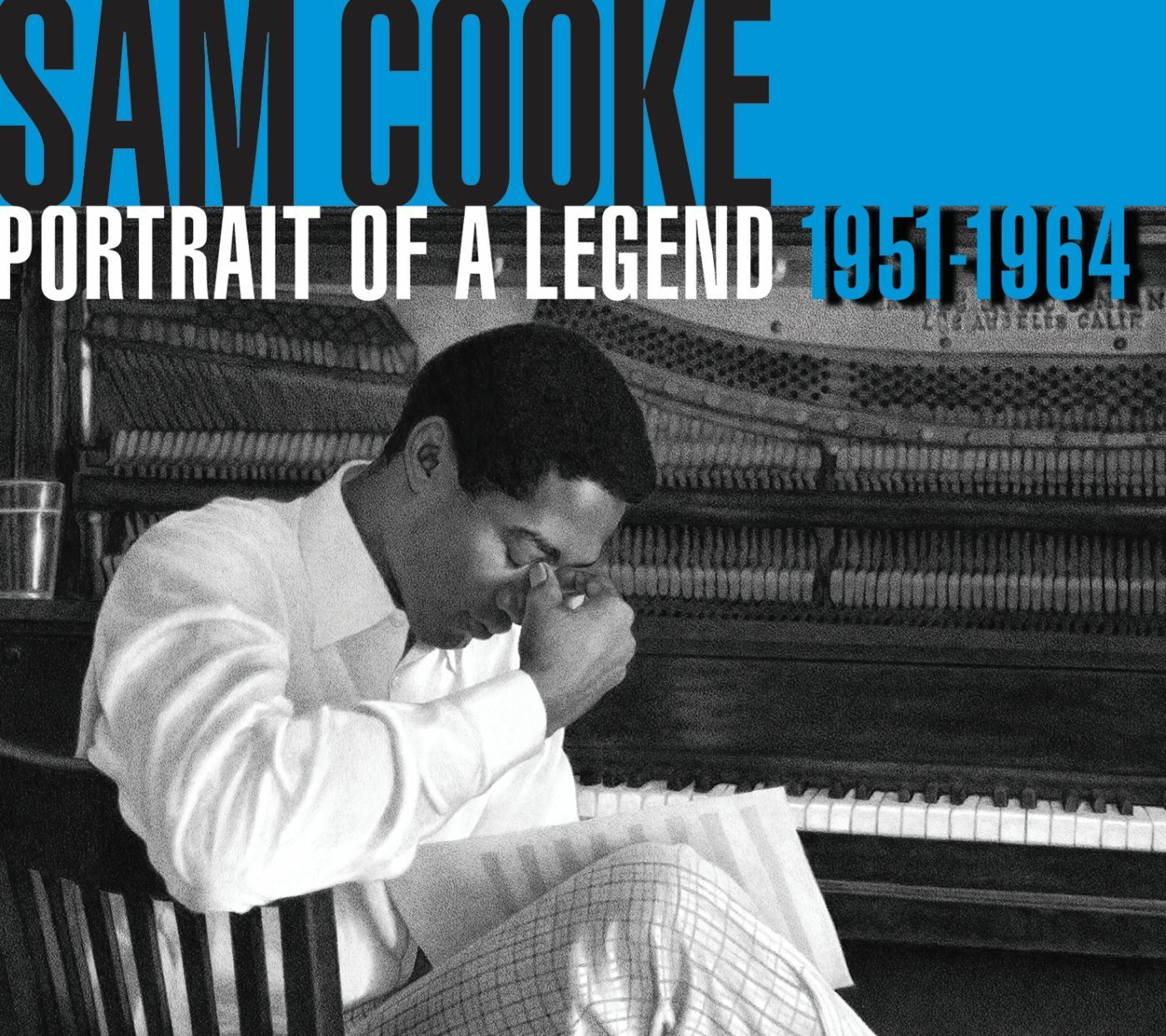Now Playing
Current DJ: DJ M-Dash
The Stone Roses I Am The Resurrection* from The Stone Roses (Silvertone) Add to Collection
Requests? 773-DJ-SONGS or .(JavaScript must be enabled to view this email address)
 I’ve pretty much always loved Carole King’s 1971 blockbuster album Tapestry, but I’ve sometimes been conflicted about embracing its flaws. Yes, this is one of the most beautiful pieces of pop song craft ever made—it’s a different kind of candidate for “greatest pop album ever” than a dance album like Michael Jackson’s Thriller—but I would be dishonest if I acted like I think every single song is an absolute masterpiece. In fact, 1971 was so good a year for classic albums that Tapestry was probably not even one of the very best albums of the year, though it won Album of the Year at the Grammys. But today I do enjoy every single song on the album, while acknowledging that some are better than others.
I’ve pretty much always loved Carole King’s 1971 blockbuster album Tapestry, but I’ve sometimes been conflicted about embracing its flaws. Yes, this is one of the most beautiful pieces of pop song craft ever made—it’s a different kind of candidate for “greatest pop album ever” than a dance album like Michael Jackson’s Thriller—but I would be dishonest if I acted like I think every single song is an absolute masterpiece. In fact, 1971 was so good a year for classic albums that Tapestry was probably not even one of the very best albums of the year, though it won Album of the Year at the Grammys. But today I do enjoy every single song on the album, while acknowledging that some are better than others.
One sleeper track, “Way Over Yonder,” has played a very special role in my life. I sang it at my college graduation ceremony and at a Take Back the Night march against sexual violence, dedicating it to a number of friends. But still, “Way Over Yonder” is by no means one of the album’s several all-time classics: “I Feel the Earth Move,” “So Far Away,” “It’s Too Late,” “You’ve Got a Friend,” and others far outdistance it in quality. But this song has woven itself into the story of my life in a way that different songs on the album did for millions of listeners in the ‘70s.

 Jerry Wexler, the legendary Atlantic Records producer, once said, “Sam Cooke was the greatest singer that ever lived, no contest.” That’s some praise from the man who produced Aretha Franklin, Ray Charles, and many others. But the 2003 compilation, Portrait of a Legend 1951-1964, does some justice to this praise. Unfortunately, it focuses mainly on his excellent pop work at the expense of his largely superior gospel records with the Soul Stirrers in the 1950s. Critic Dave Marsh once wrote something like that Cooke’s best records were his gospel ones, with 1964’s civil rights anthem, “A Change is Gonna Come,” being the exception that proves the rule.
Jerry Wexler, the legendary Atlantic Records producer, once said, “Sam Cooke was the greatest singer that ever lived, no contest.” That’s some praise from the man who produced Aretha Franklin, Ray Charles, and many others. But the 2003 compilation, Portrait of a Legend 1951-1964, does some justice to this praise. Unfortunately, it focuses mainly on his excellent pop work at the expense of his largely superior gospel records with the Soul Stirrers in the 1950s. Critic Dave Marsh once wrote something like that Cooke’s best records were his gospel ones, with 1964’s civil rights anthem, “A Change is Gonna Come,” being the exception that proves the rule.
When I first heard this compilation, despite some familiarity with hits like “Chain Gang” and “Cupid,” I was struck by how many of the songs used the same basic chord progression (some variation of I-IV-V, as it’s called in music theory terminology), and so I had trouble seeing how this CD deserved a spot so high on Rolling Stone’s list of the greatest albums ever (putting aside quibbles about if compilations should be included). Over time, the more I’ve gotten into Cooke’s music, I’ve grown to appreciate the variety in the arrangements on these songs even as the chord progressions still sound the same across most songs.